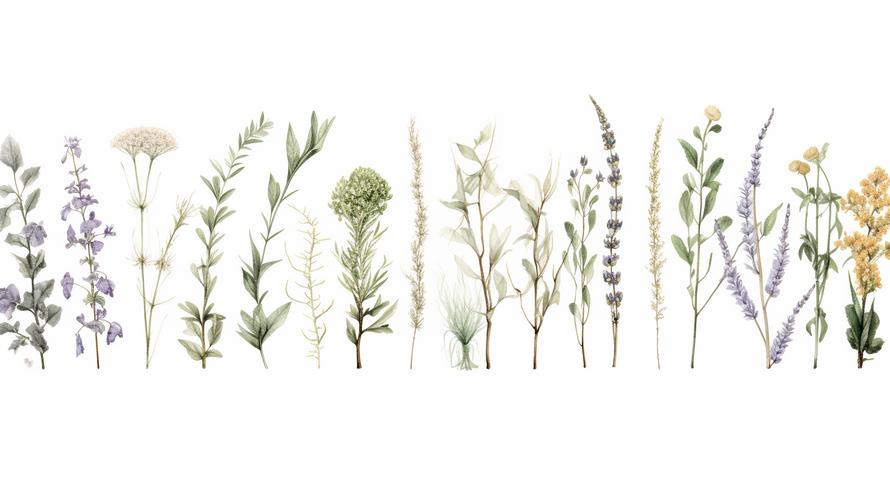In the recesses of glossy pharmaceutical labs, bathed in artificial holiness, it is common to see white-coat adorned scientists hunched over test tubes, seeking solutions to the most formidable of modern health concerns. But what if the antidote they are seeking is not to be found under the impersonal clatter of sterile hoods, but in the age-old wisdom of the Sumerians? Or perhaps, in Chinese teaching, as old as time itself?
Eons ago, when diseases were considered god-gifted punishments and cures were rare, people turned towards mother nature for an antidote. They found solace in her offerings: herbs with an uncanny potency to heal. Today, history seems to be repeating itself as more and more people are gravitating back towards nature’s lap, seeking treatments for ailments that modern medicine seems elusive towards.
In the labyrinth of leaves, roots, and seeds, three oriental herbs – Turmeric, Ginseng, and Green tea – have risen like the proverbial phoenix, championing the battle against an array of modern diseases including autoimmune conditions, diabetes, cancer, and neural disorders.
1. Turmeric, The Golden Goddess
Originating from the Indian subcontinent, turmeric is an intensely hued root, revered for its remarkable assortment of properties. In ancient Indian and Chinese medicine, it has been used for more than 4000 years to fight infections, reduce inflammation, heal wounds, and improve digestion.
However, turmeric’s real magic lies in the molecule curcumin. Recent research reveals curcumin’s potential efficacy against Alzheimer’s disease, a progressive disorder that destroys memory and thinking skills. Scientists believe curcumin blocks the formation of beta-amyloid, the sticky plaques abundant in the brain of Alzheimer’s patients. Similarly, in the case of autoimmune diseases like rheumatoid arthritis and psoriasis, curcumin modulates the immune system’s responses, thus minimizing harm to the body’s own tissues. Another boon, curcumin is reported to impede tumor growth in certain types of cancers including breast, lung, skin, and colon.
2. Ginseng, The Root of Immortality
Ginseng, literally translated into ‘man-root’ in Chinese, owing to its anthropomorphic shape, has been a cornerstone of traditional Asian medicine. Its top-billed benefits include boosting energy, lowering blood sugar and cholesterol levels, reducing stress, and promoting overall wellbeing.
Studies show that ginseng’s active compounds, known as ginsenosides, have potent neuroprotective, anti-inflammatory, and antioxidant capabilities. This can be beneficial against neurodegenerative diseases like Parkinson’s where ginseng is seen to slow disease progression by protecting dopamine-producing nerve cells. Another modern affliction it battles is diabetes. Ginsenosides are reported to improve insulin sensitivity and reduce blood sugar levels in patients with type 2 diabetes.
3. Green Tea, The Elixir of Life
The residents of the Longevity Village in China swear by their three cups of green tea a day. Originating in China, today green tea is celebrated worldwide for its might. The key component of green tea, the molecule EGCG (epigallocatechin-3-gallate), is considered a formidable force against cancer and cardiovascular diseases.
Recent studies have shown EGCG inhibiting the growth of tumor cells in breast cancer. Its antioxidant properties reduce oxidative damage in the heart and blood vessels, thereby preventing heart diseases and stroke. Further, it’s also believed to aid in weight loss by enhancing metabolism and fat burn.
Clearly, these aren’t just your grandma’s spices and teas. These are the unsung heroes, warriors in nature’s camouflage, fighting an invisible battle against invaders in human bodies. So, while each progressive leap in technology is ceaselessly celebrated and paraded, maybe it’s time for a sly wink of acknowledgment to the miracles of these three ancient herbs. After all, the solutions to modern issues don’t necessarily have to come from modern practices – they might just be tucked away in the annals of history, waiting for us to revisit and rediscover their power.



